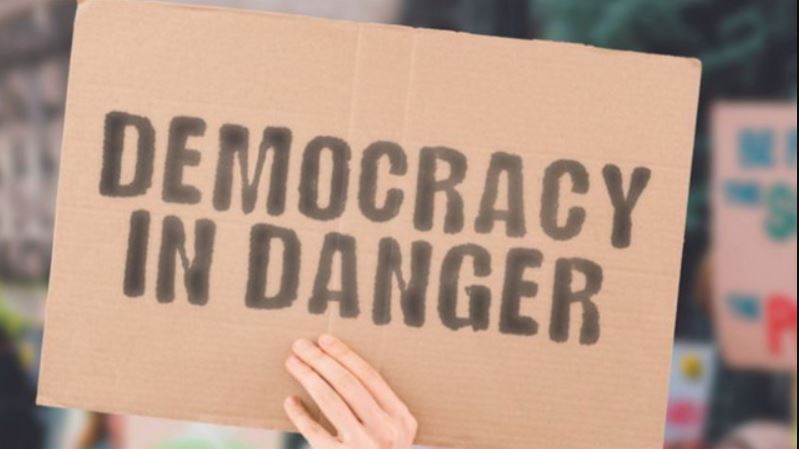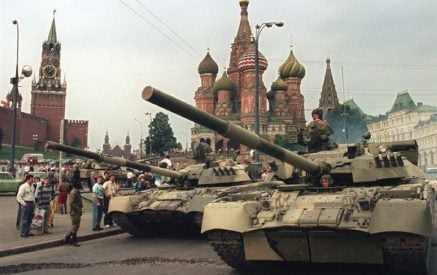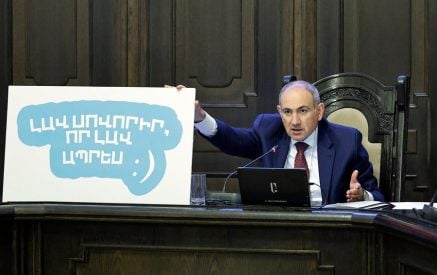The European Union will create mechanisms to punish those who harm democracy through disinformation (disinformation against democracy). This was announced by Joseph Borrell, the supreme representative of the European Union’s foreign affairs and security policy, stressing that disinformation is a tool of war. Since that statement was made at the meeting of EU foreign ministers, it can be considered as an instruction for all states of that international structure. In other words, there are countries that embody democracy and, on the other hand, there are “dark forces” that try to discredit this “religion.” We have to fight against those forces.
“Now we will show them such a democracy that they will know that it cannot be harmed under any circumstances.” It is not clear, only by what criteria will be determined whether the given expression discredits democracy or not. Suppose a Western philosopher quotes from Plato or Aristotle, where the classics of philosophy, to put it mildly, speak with reservations about democracy. Should that philosopher be punished? Or perhaps those thinkers who allowed themselves politically “incorrect” expressions 25 centuries ago should be retroactively punished. And then, it is not clear how those who spread this misinformation will be punished. Will they be subject to civil or criminal liability?
Admittedly, it is a bit like the legislation in force in Russia today, when it is forbidden by law to belittle the role of the Soviet Union in the Second World War. Again, it is not clear what this disparagement means and, in fact, it means that any thought on that topic must be agreed with the standards accepted in the Russian ax propaganda. Publications that investigative bodies believe violate these standards may be banned. Historical truth is thus determined by investigative bodies.
The same goes for the criminal article of “discrediting the Russian army during the special operation.” Recently, a member of the Duma of one of Moscow’s regions received a 7-year prison sentence for that article because he said that it is not necessary to hold a children’s drawing contest when Russian boys die in the war. In short, such articles allow too much freedom of interpretation.
Read also
I am for democracy. But it implies freedom and tolerance. Not a fight against “wrong opinions,” even if they are called “disinformation.”
Aram Abrahamyan























































